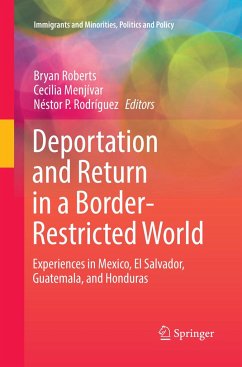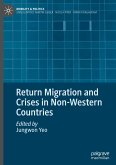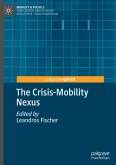This volume focuses on recent experiences of return migration to Mexico and Central America from the United States. For most of the twentieth century, return migration to the US was a normal part of the migration process from Mexico and Central America, typically resulting in the eventual permanent settlement of migrants in the US. In recent years, however, such migration has become involuntary, as a growing proportion of return migration is taking place through formal orders of deportation. This book discusses return migration to Mexico, Guatemala, El Salvador and Honduras, addressing different reasons for return, whether voluntary or involuntary, and highlighting the unique challenges faced by returnees to each region. Particular emphasis is placed on the lack of government and institutional policies in place for returning migrants who wish to attain work, training, or shelter in their home countries. Finally, the authors take a look at the phenomenon of migrants who can never return because they have disappeared during the migration process. Through its multinational focus, diverse thematic outlook, and use of ethnographic and survey methods, this volume provides an original contribution to the topic of return migration and broadens the scope of the literature currently available. As such, this book will be important to scholars and students interested in immigration policy and Latin America as well as policy makers and activists.
Bitte wählen Sie Ihr Anliegen aus.
Rechnungen
Retourenschein anfordern
Bestellstatus
Storno








